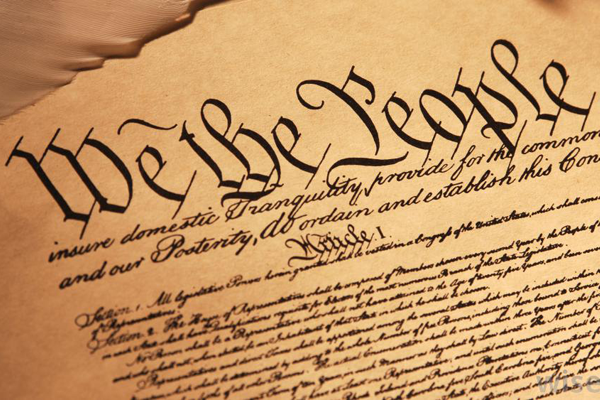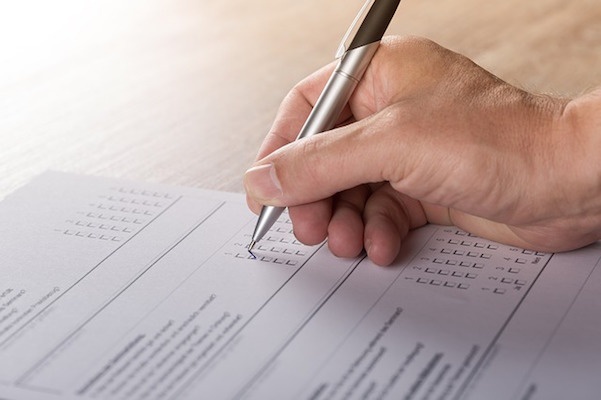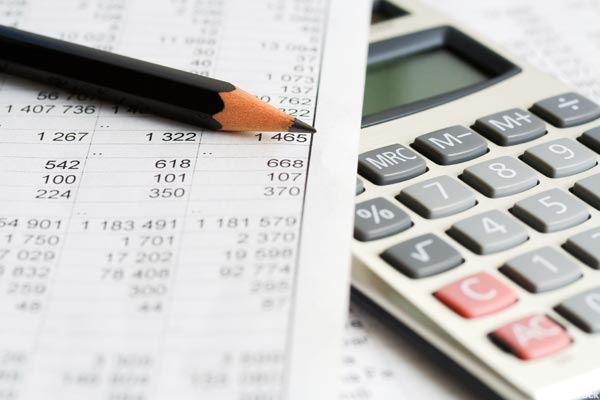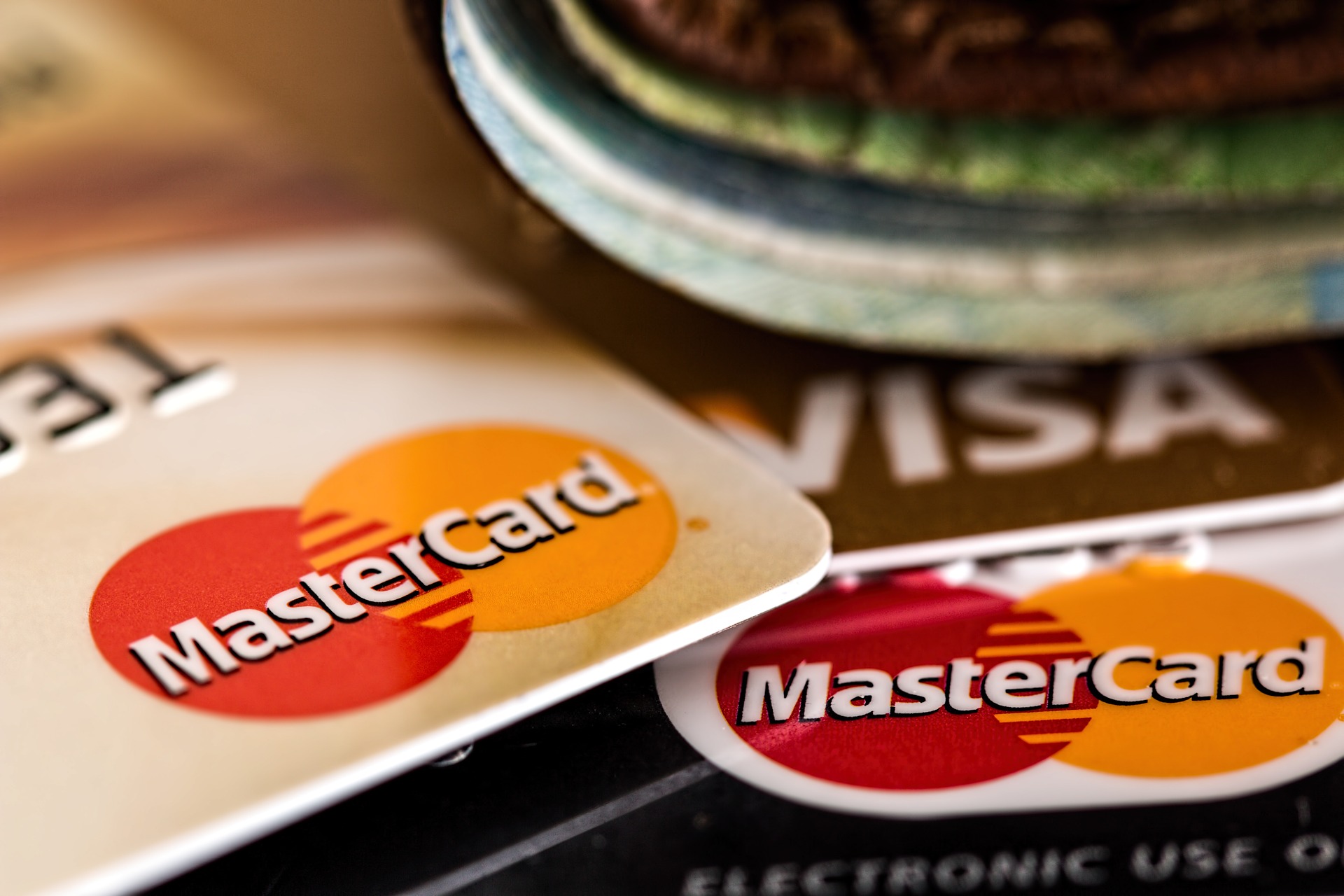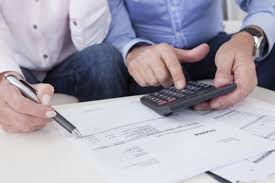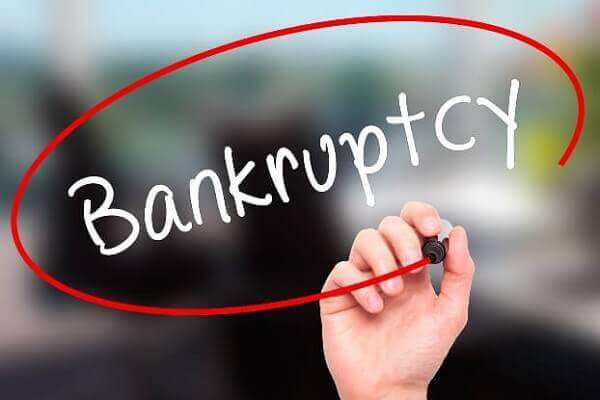In general, student loan debt is not dischargeable in bankruptcy. The Bankruptcy Code prohibits the discharge of student loans in almost every instance. This boggles the mind given how burdensome student loan debt is to so many Americans, but student loans are not currently covered in bankruptcy.

Are Student Loans Dischargeable Through Bankruptcy?
In general, student loan debt is not dischargeable in bankruptcy. The Bankruptcy Code prohibits the...



